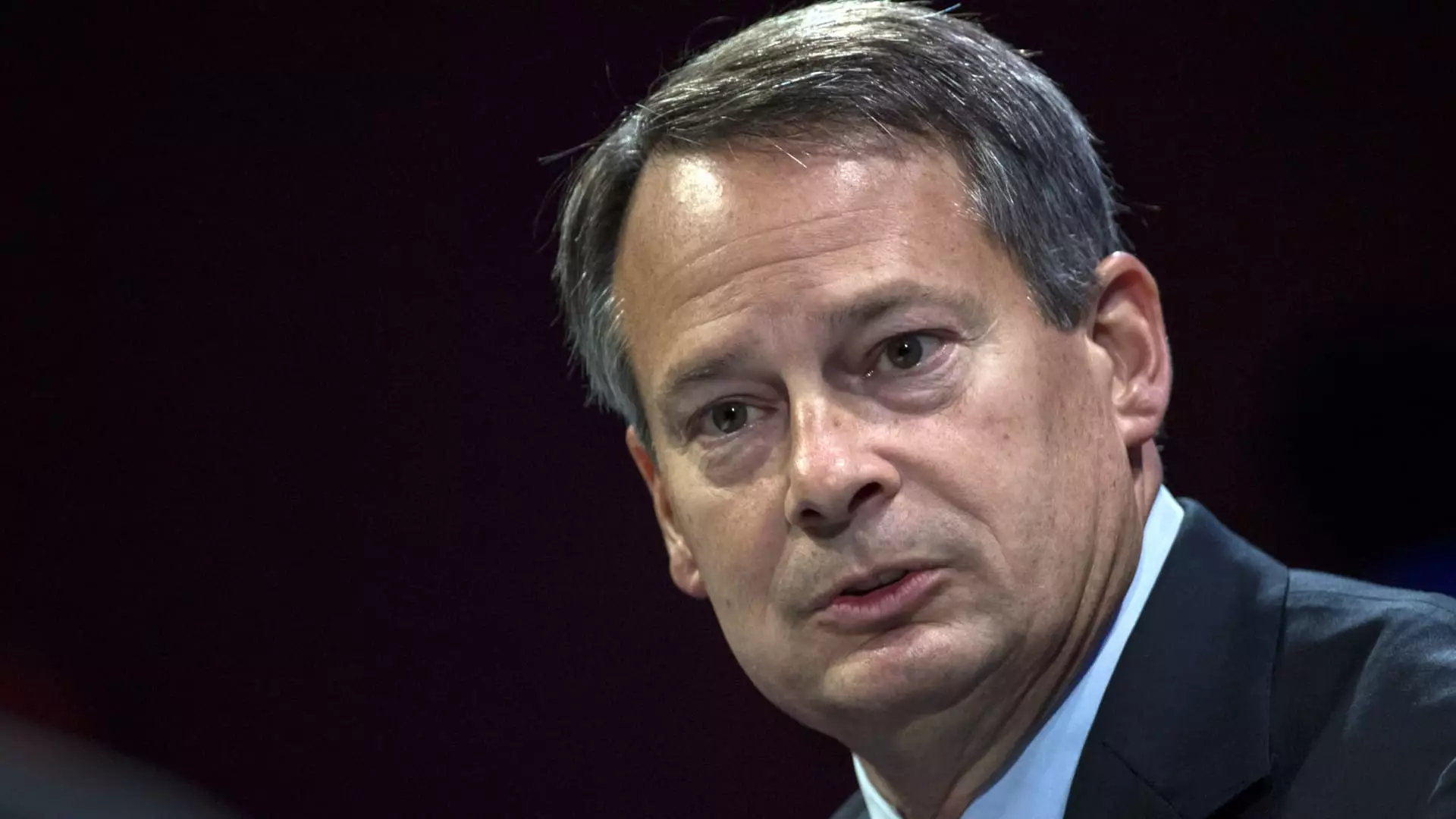In a significant shift for the financial services industry, Walt Bettinger, the CEO of Charles Schwab, has announced his retirement after 16 impactful years at the helm. This decision, communicated on Tuesday, will mark the end of Bettinger’s tenure in December, coinciding with his 65th birthday. The transition, which is slated to take effect on January 1, 2025, will see Rick Wurster, current President of Charles Schwab, stepping into the chief executive role. While Bettinger will retire from everyday operations, he will continue to contribute as co-chair of the board, ensuring a degree of continuity in leadership.
In his farewell statement, Bettinger expressed high regard for Wurster, indicating that their eight years of collaboration had built a solid foundation of trust and understanding. He praised the Schwab Board for its “thoughtful and disciplined approach” to succession planning, emphasizing that a smooth leadership transition is imperative for maintaining the company’s momentum. Such insights highlight the importance of foresight in corporate governance, an aspect often overlooked by companies facing transitions.
Rick Wurster, in an appearance on CNBC’s “Squawk Box,” reassured stakeholders that the company would not divert from its established trajectory. His commitment to focusing on client satisfaction signals that the essence of Schwab’s service ethos will remain intact. With significant growth under Bettinger’s leadership—client assets soaring from $1.14 trillion to $9.74 trillion—this steadiness is crucial for investor confidence. Wurster’s intentions suggest a stable transition without upheaval, a strategy likely welcomed by employees and clients alike.
Bettinger’s time as CEO has been characterized by remarkable growth, including the noteworthy acquisition of TD Ameritrade in 2020—a maneuver that has since contributed significantly to Schwab’s asset base and client accounts. Under his leadership, client accounts have surpassed 43 million, a dramatic increase from fewer than 10 million. However, despite these impressive figures, there are shadows that linger over Schwab’s performance, especially in the recent two years, where the firm has lagged behind the broader market averages. As Bettinger reflected on the challenges he faced, including the drastic stock price decline during the financial crisis, it is clear that his journey was marked by both external headwinds and significant triumphs.
Looking forward, the challenge will be to sustain growth and address any shortcomings that have emerged in recent years. The company’s stock, down about 1% in early trading, highlights the skepticism that can accompany leadership changes. However, with the legacy of Bettinger guiding Wurster and the what seems to be a steadfast approach towards client satisfaction, Charles Schwab appears well-positioned to navigate the complexities of the financial landscape. Market watchfulness will be crucial as Wurster begins to establish his own leadership style while honoring the foundational principles that have characterized the company’s ethos under Bettinger. The future of Schwab stands at a precipice—a blend of continuity and potential evolution awaits as the firm steps into its next chapter.

